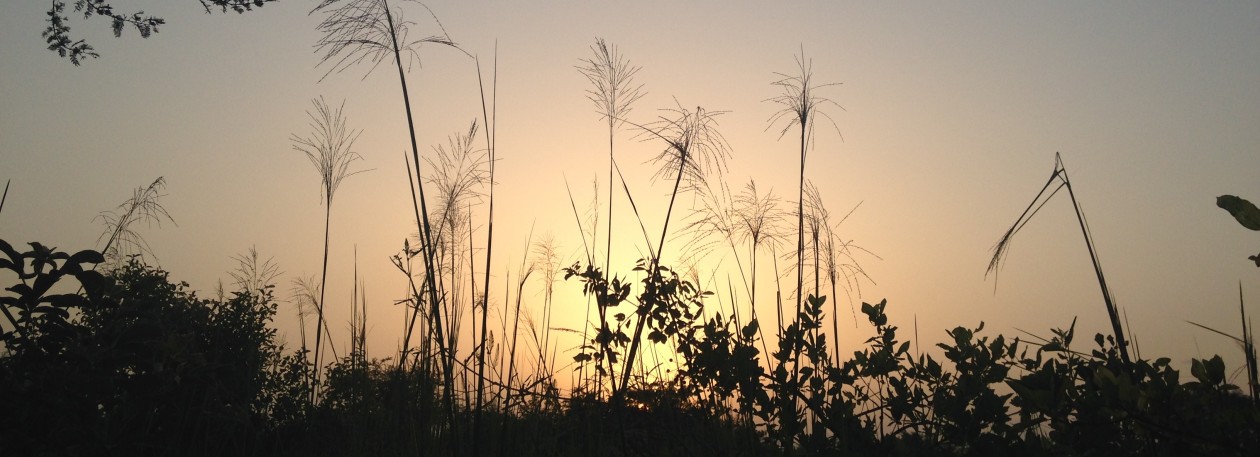As my Friday winds to a close, I’m looking back on this week and already I can’t believe how drastically my perspective has changed about how I understood the Summer Action Research Program as I unlearn “single story” narrative of Africa.
In the very beginning, Alice asked us to pick one word that would encompass how we felt about our program ahead. Initially, I chose the word “clarity” as I was eager to make my understanding of the culture in Dalun and the future of my project (which at the time was still muddled and up in the air) very clear. However, after listening to Alice’s talk, exploring the Penn Museum, meeting my new project collaborators over Skype, and absorbing the readings, I came to realize that true clarity will never be possible, and maybe that can be seen as a good thing. To walk into a project such as this with a white-savior industrial complex and tell myself that I will be able to “master” full understanding about another culture is incredibly ignorant, and truthfully, finding out new ideas and deeper and deeper layers of our research is both challenging and fascinating.
Already, I am overwhelmed by how much there lies ahead of us. While chanting Dagbani phrases and listening to recordings alone in my bed, I imagined myself conducting full conversations in Dagbani (feeling ashamed that my fellows have to zero down to English when they themselves are fluent in multiple languages) but I know that is still a long, long way down the road. But Alice’s unbounded energy, the enthusiasm of my new teachers in Ghana, the incredibly work ethic of my fellows, and my new friendships with Mia and Fatou only make me more excited to get started. I am already envisioning future ideas for projects, such as a Dalun journal where we would compile stories and entries from members of community where they would share their experiences and advice, and feeding off problems I have already seen in the United States.
As the Penn Museum African exhibit only seemed to display stolen and desecrated objects alongside Lion King movie reels, clearly American education has been perpetuating a twisted narrative of Africa as a catastrophe. However, just as online forums blew up in response to Alice’s talk, quickly criticizing the work of middle class Americans in Ghana, it’s also fair to say that some Americans do care about international partnership and are cautious in the hopes that it will conducted ethically.
We are caught in the web that is trying to tell us the single story of Africa, while desperately trying to change that narrative without doing harm. The first initiative: “Do not do harm,” will ring through my head as I continue on with my research and begin my projects; however, hand in hand with this caution, I will not give up on trying new ideas and pushing the potential of this fellowship.
